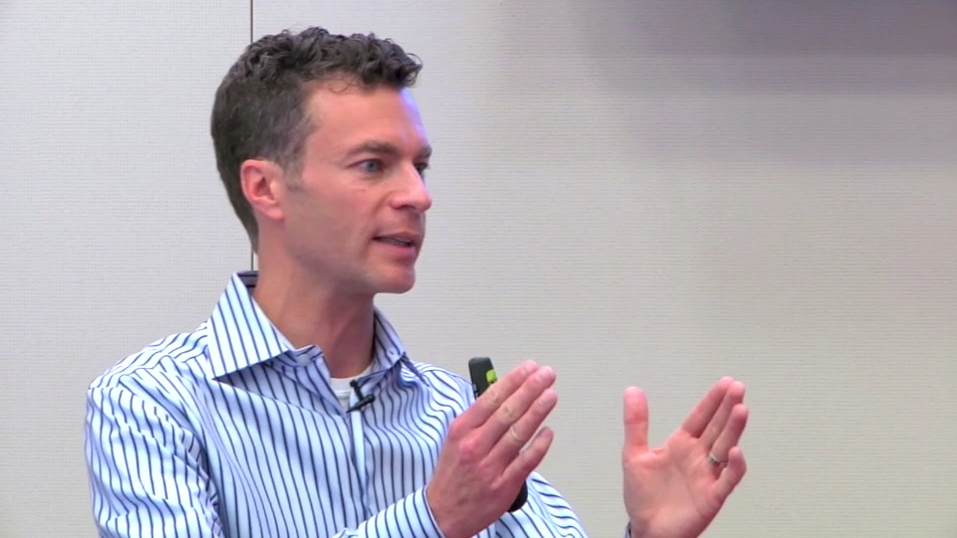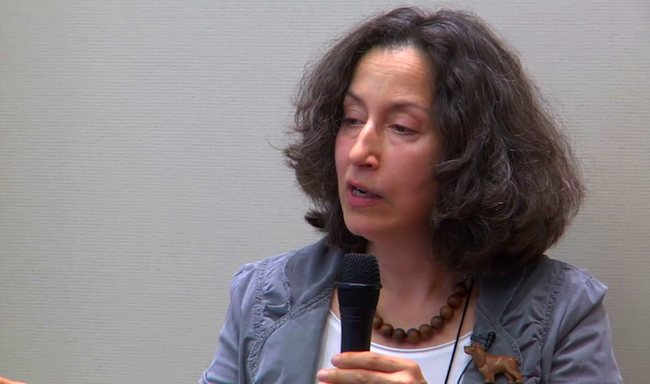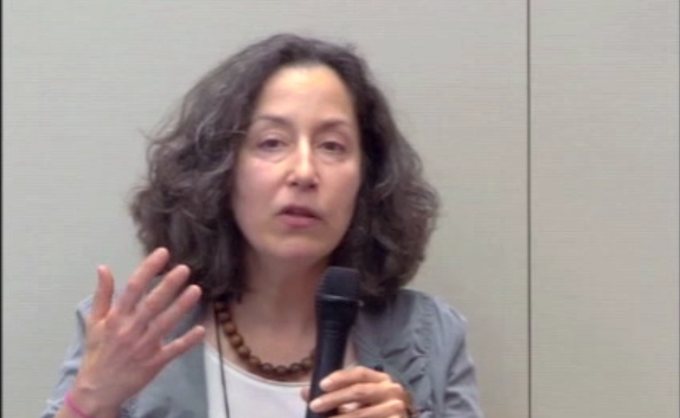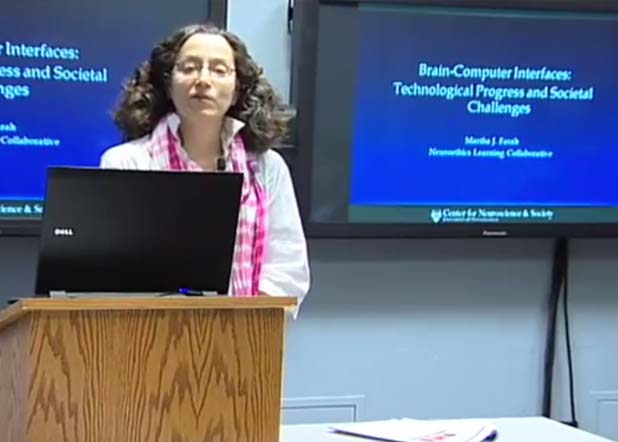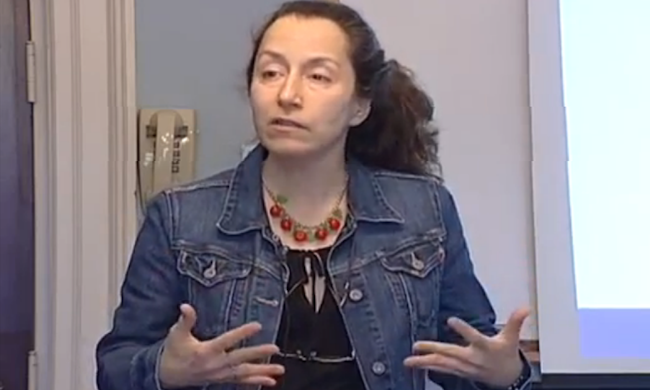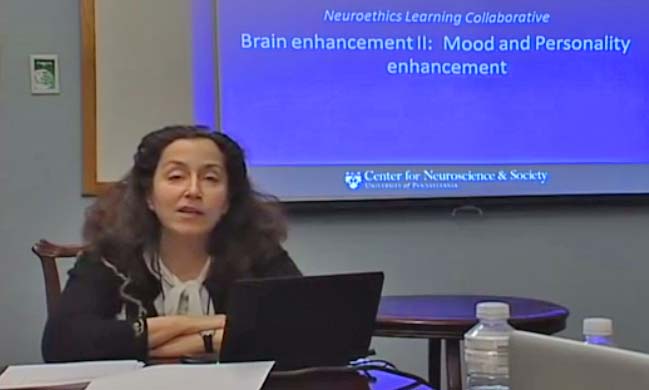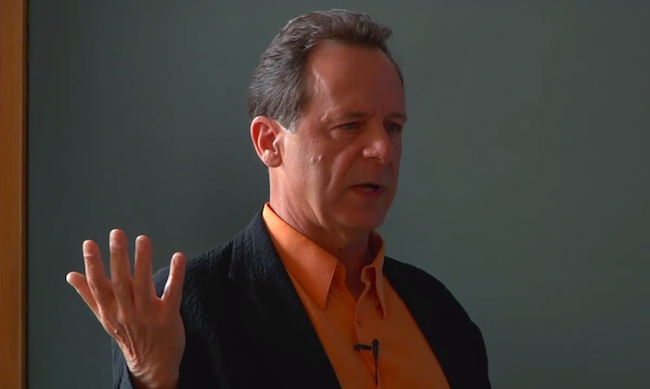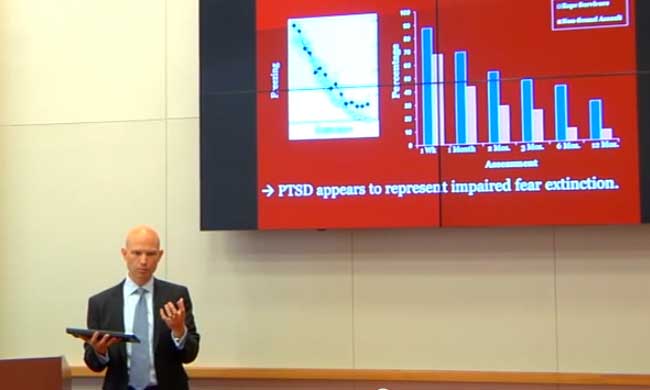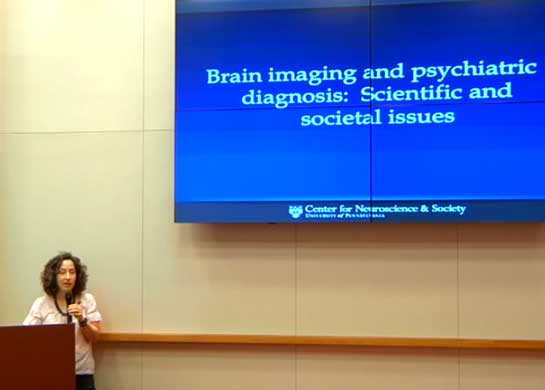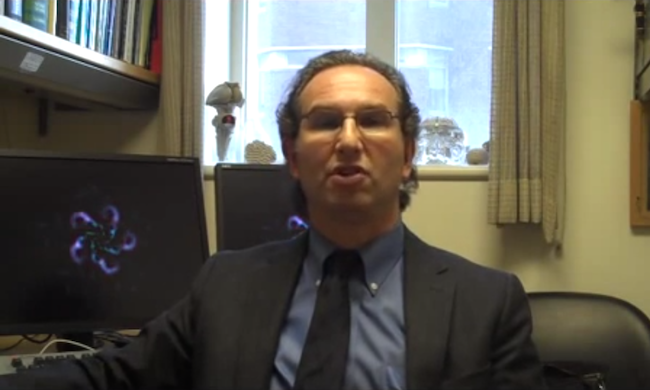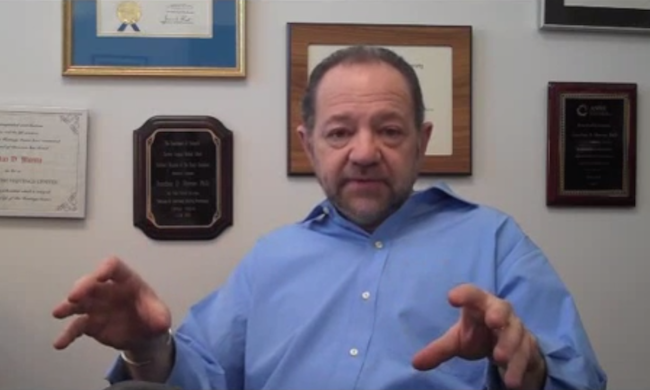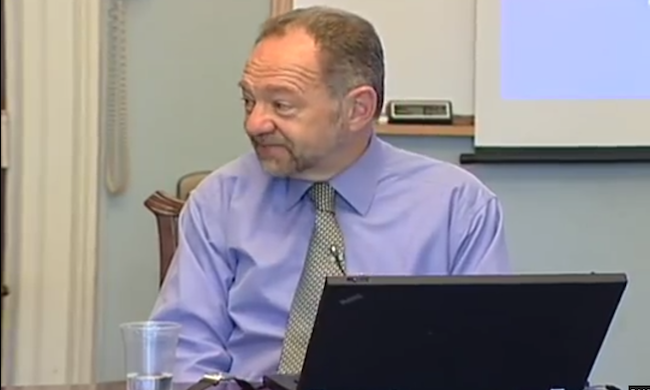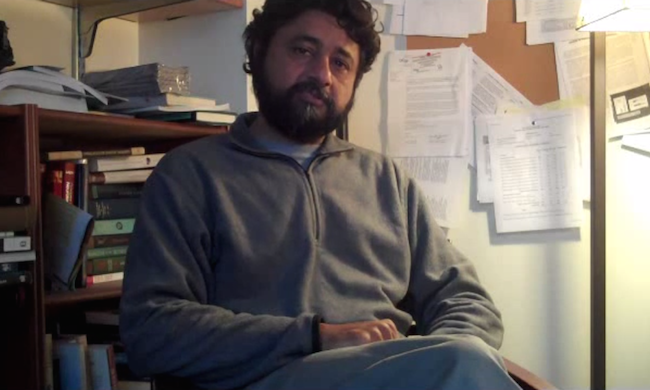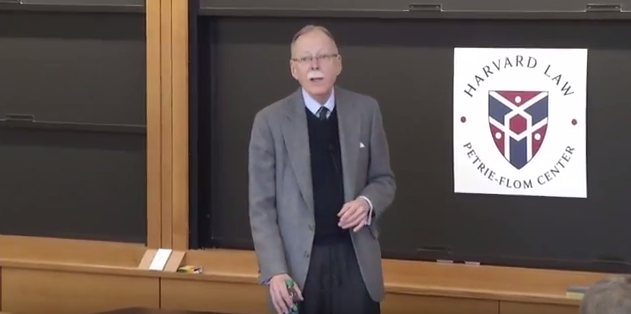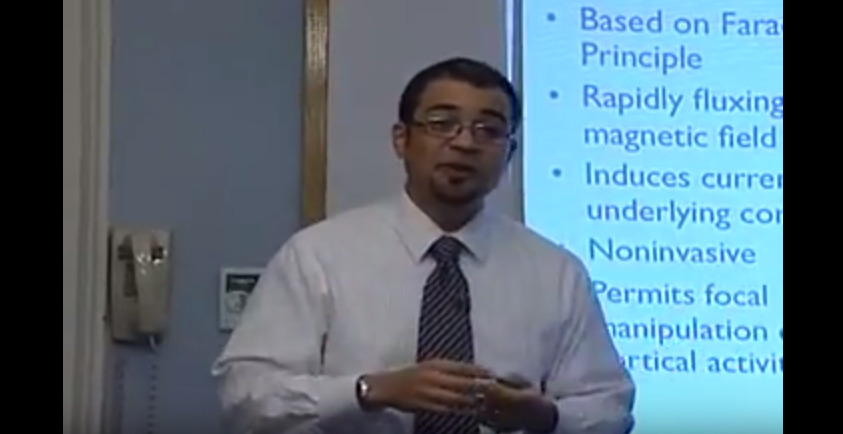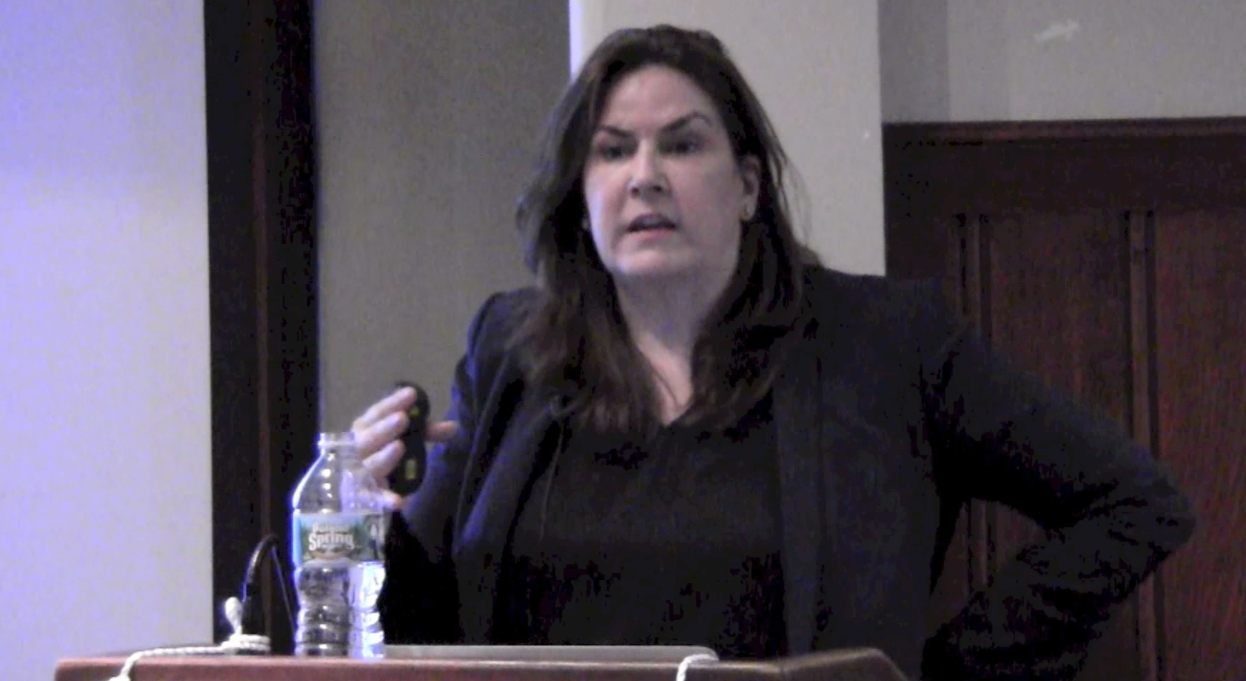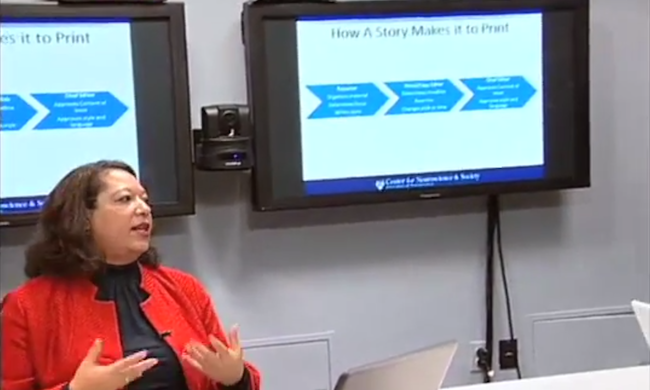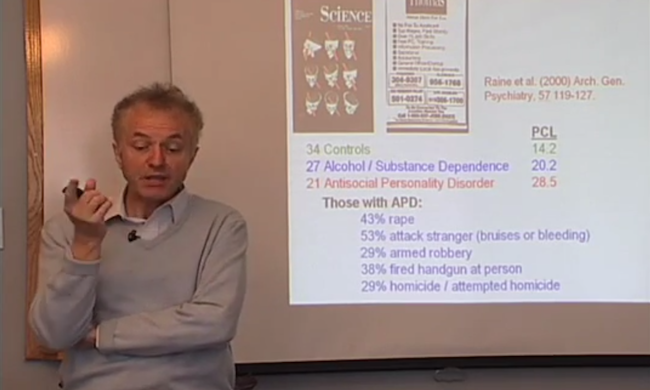Transcranial magnetic stimulation (TMS) and transcranial direct current stimulation (tDCS) are increasingly used in research and, to a limited extent, in clinical practice. They constitute [...]
Neuromarketing (Joseph Kable, PhD)
Marketers have begun using brain imaging for the insights it may give into consumer preferences. What kinds of brain activity do they focus on, and [...]
Predictive Testing for Alzheimer’s Disease (David Wolk, PhD)
Although therapies are limited and a cure remains elusive, the onset of Alzheimer’s disease (AD) can now be predicted with a degree of accuracy years [...]
fMRI 101, Part 1 (Geoffrey K. Aguirre, MD, PhD)
Part 1 of 3 Slides for this video can be found here.
fMRI 101, Part 2 (Geoffrey K. Aguirre, MD, PhD)
Part 2 of 3. Slides for this video can be found here
fMRI 101, Part 3 (Geoffrey K. Aguirre, MD, PhD)
Part 3 of 3 Slides for this video can be found here.
Introduction to Neurolaw: Part 1 (Martha J. Farah, PhD)
This brief introduction to neurolaw focuses on the question "What is the relevance of neuroscience to law?" Professor Farah describes three possible roles for neuroscience, [...]
Introduction to Neurolaw: Part 2 (Martha J. Farah, PhD)
The nature of excusing conditions, including insanity and immaturity, are reviewed, and the relevance of neuroscience to legal excuses and mitigation is discussed. Slides for [...]
Introduction to Neurolaw: Part 3 (Martha J. Farah, PhD)
An accurate lie detector would revolutionize many aspects of society, including the legal system. Some neuroscientists claim that ERP or fMRI can be used for [...]
Brain-Computer Interfaces: Technological Progress and Societal Challenges (Martha J. Farah, PhD)
Cyborgs with computer-augmented brains are the stuff of science fiction, but in recent years they have also become science fact. In this lecture we review [...]
Cognitive Enhancement (Martha J. Farah, PhD)
One of the most widely discussed issues of neuroethics is cognitive enhancement. In this lecture Professor Farah reviews the science and ethics of pharmaceutical cognitive [...]
Introduction to Neuroethics (Martha J. Farah, Ph.D)
In this lecture, delivered at the end of a neuroethics course, Professor Farah provides an “introclusion” (intended as an introduction or conclusion) to the field [...]
Personality and Mood Enhancement (Martha J. Farah, PhD)
Cognitive ability is not the only trait that people seek to enhance pharmaceutically. Personality and mood can also be altered pharmacologically and are increasingly used [...]
The Medication of Sadness (Robert DeRubeis, PhD)
Recent decades have seen progressively more inclusive definitions of depression in psychiatry, with less severe mood-related problems being classified as depression and correspondingly more patients [...]
Combat-related PTSD and the Brain (Seth Gillihan, PhD)
Post-Traumatic Stress Disorder poses important scientific challenges to researchers, personal challenges to sufferers, and social, ethical and economic challenges to society. In this lecture, researcher [...]
Brain Imaging and Psychiatric Diagnosis: Scientific and Societal Issues (Martha J. Farah, PhD)
Psychiatric disease is generally believed to be brain disease, and neuroimaging has been used fruitfully in psychiatry research. Why, then, is neuroimaging not used for [...]
Incidental Findings in MRI Research (John Detre, MD)
John A. Detre, M.D. Dr. Detre is Professor of Neurology at Penn and directs Penn's Center for Functional Neuroimaging, He was instrumental in developing ASL [...]
Why All the &%$# Paperwork? (Jonathan Moreno, PhD)
Jonathan D. Moreno, Ph.D. Dr. Moreno is the David and Lyn Silfen University Professor and Professor of Medical Ethics and of History and Sociology of [...]
Basic Philosophical & Applied Ethics (Autumn Fiester, PhD)
Dr. Fiester is your guide to the three major frameworks of philosophical ethics: consequentialism, deontology and virtue ethics. Her lecture provides a useful foundation for [...]
Animal Subjects, Human Subjects (Autumn Fiester, PhD)
Neuroscientists need research subjects, and whether the subjects are animals or humans the relationship is complex and potentially fraught with conflicting interests. How can we [...]
Neuroscience and National Security (Jonathan Moreno, PhD)
The term "dual use" has at least two axes of meaning: benevolent/malevolent and civilian/military. It is generally used to different possible applications of technology. In [...]
A Clinician Looks at Enhancement (Anjan Chatterjee, MD)
Anjan Chatterjee, MD Dr. Chatterjee is Elliott Professor and Chair of Neurology at Pennsylvania Hospital. He has long been interested in the social and ethical [...]
Noninvasive Brain Stimulation: Neuroscience and Neuroethics (Roy Hamilton, MD)
Slides for this talk can be found here.
Applied Ethics and Neuroethics (Autumn Fiester)
Slides for this talk can be found here.
Actions Speak Louder than Images (Stephen Morse, JD, PhD)
Dr. Morse explores the questions of whether what we've learned about the brain so far has the potential to transform criminal justice policy.
Emotion and Decision Making (Elizabeth Phelps, PhD)
Presented at the Social, Cognitive and Affective Neuroscience (SCAN) Certificate Program’s 1st Annual Retreat by Elizabeth Phelps, PhD, Julius Silver Professor of Psychology and Neural Science, Department [...]
Communicating Neuroscience (Sheryl Williams)
Sheryl Williams Ms. Williams is a communications specialist with extensive experience in healthcare research and policy, in both the corporate and nonprofit contexts.
Predicting Anti-Social Behavior (Adrian Raine, PhD)
One would assume that conducting neuroscience research on antisocial personality disorder would be much like researching any other clinical disorder, yet this area of inquiry [...]





